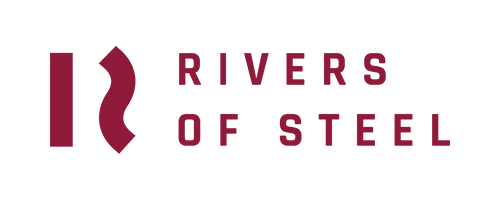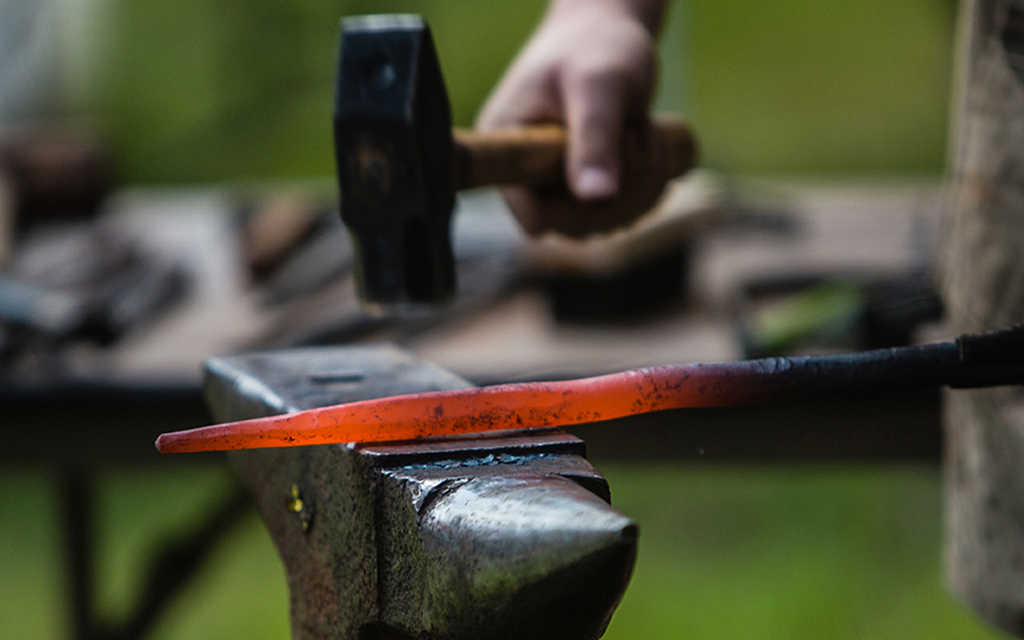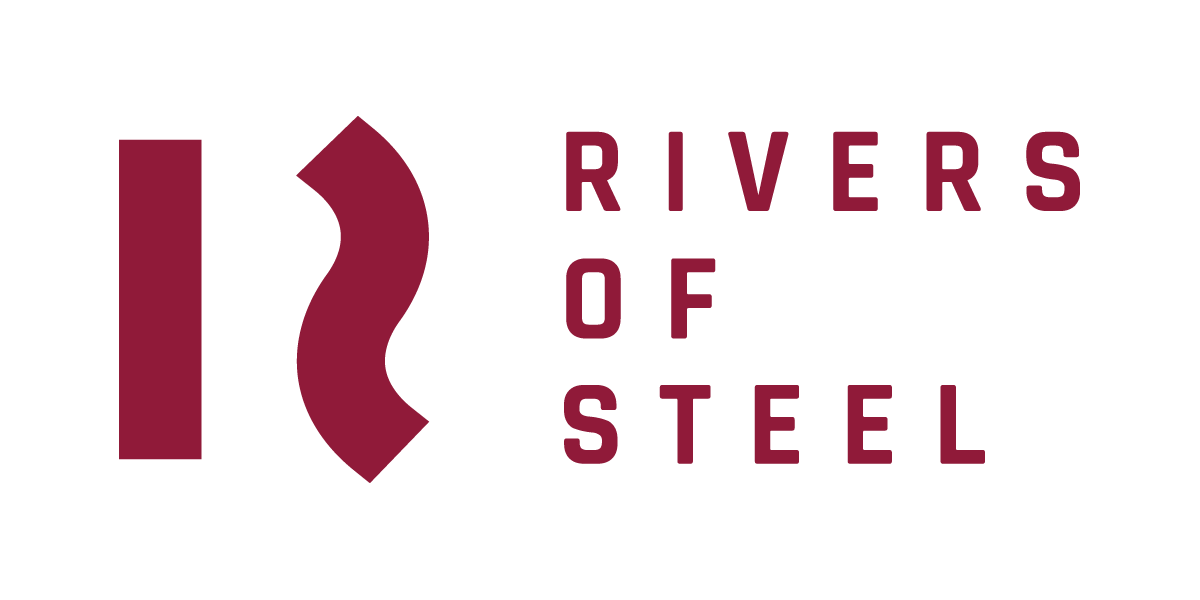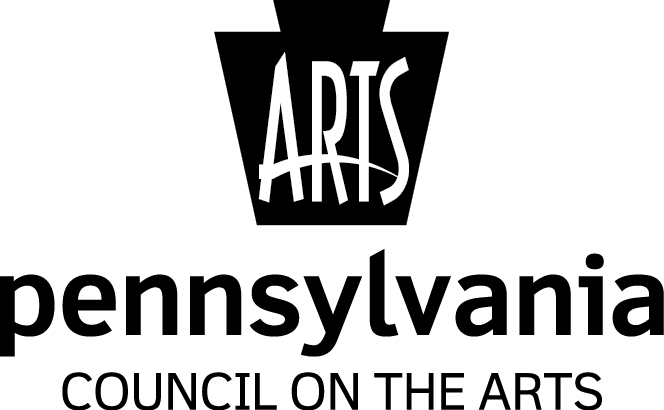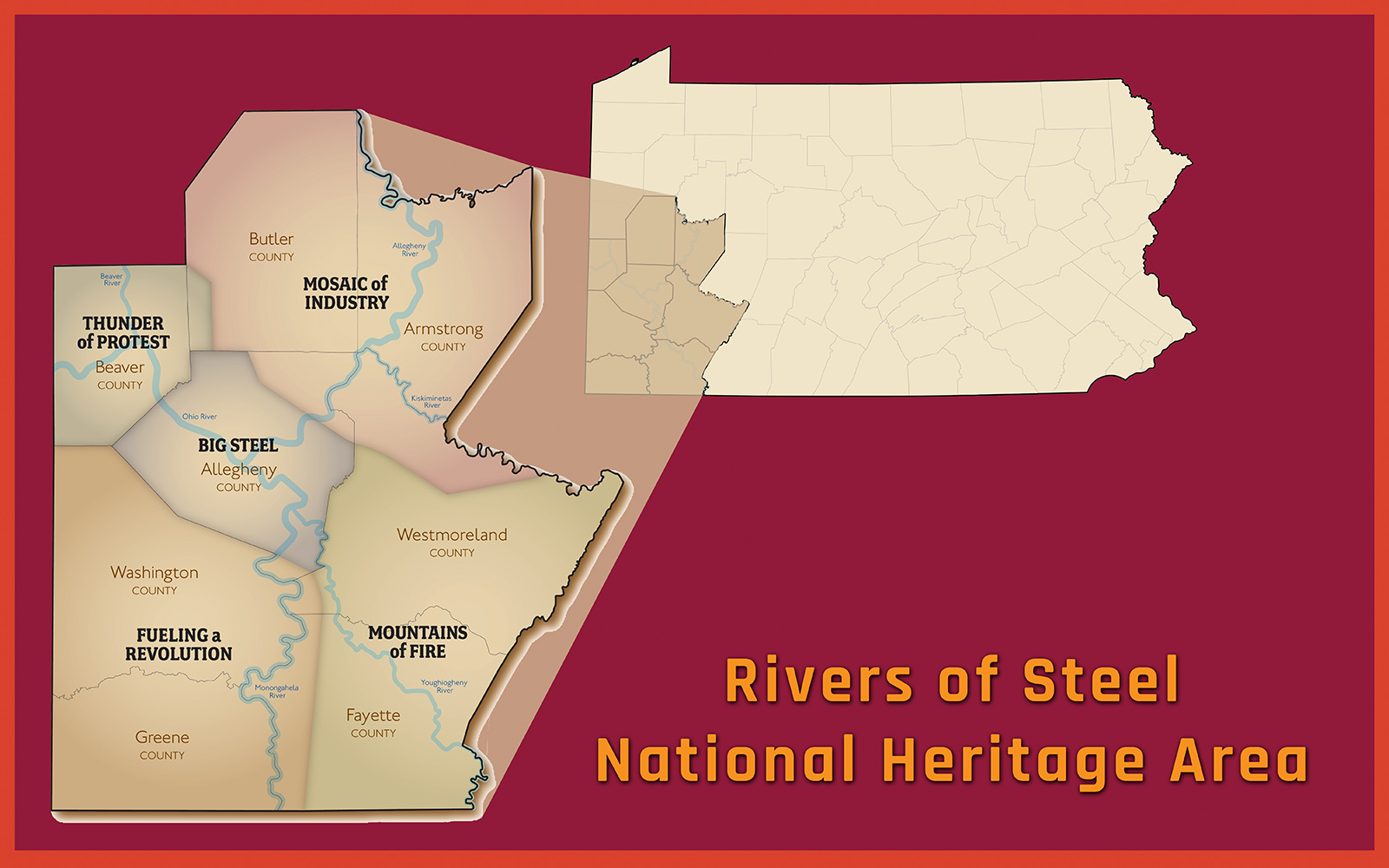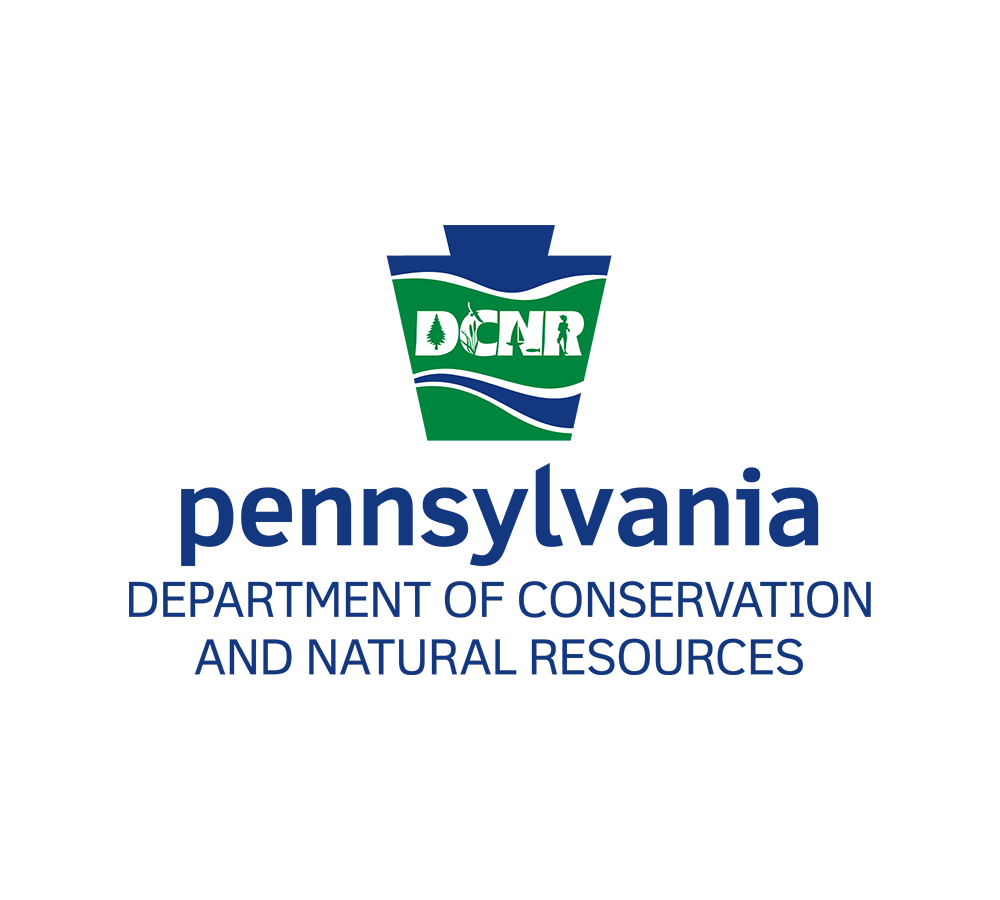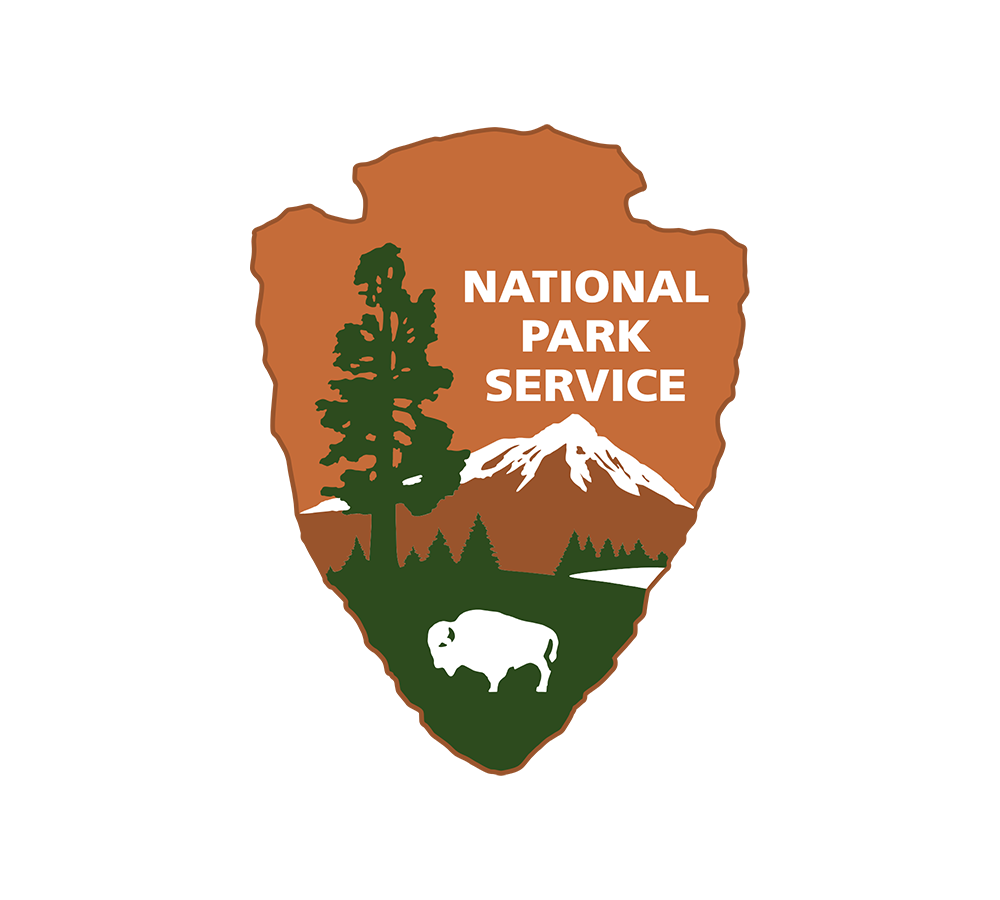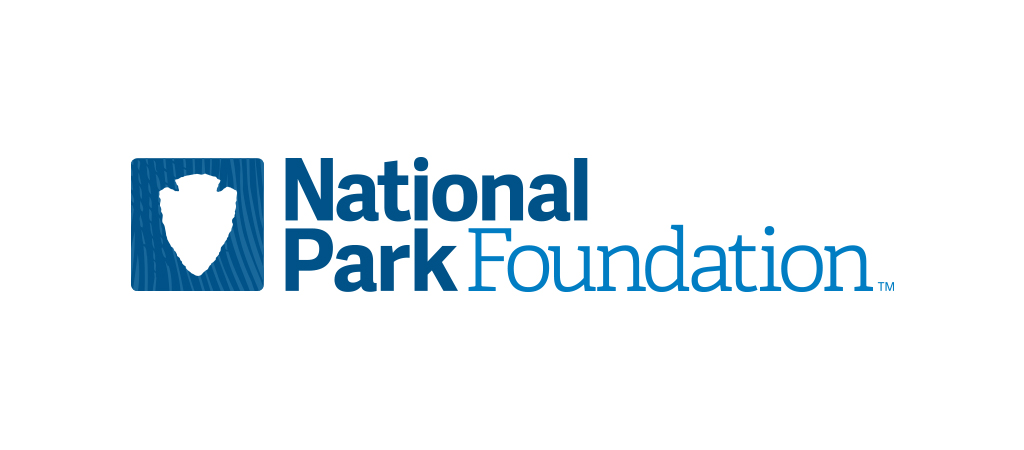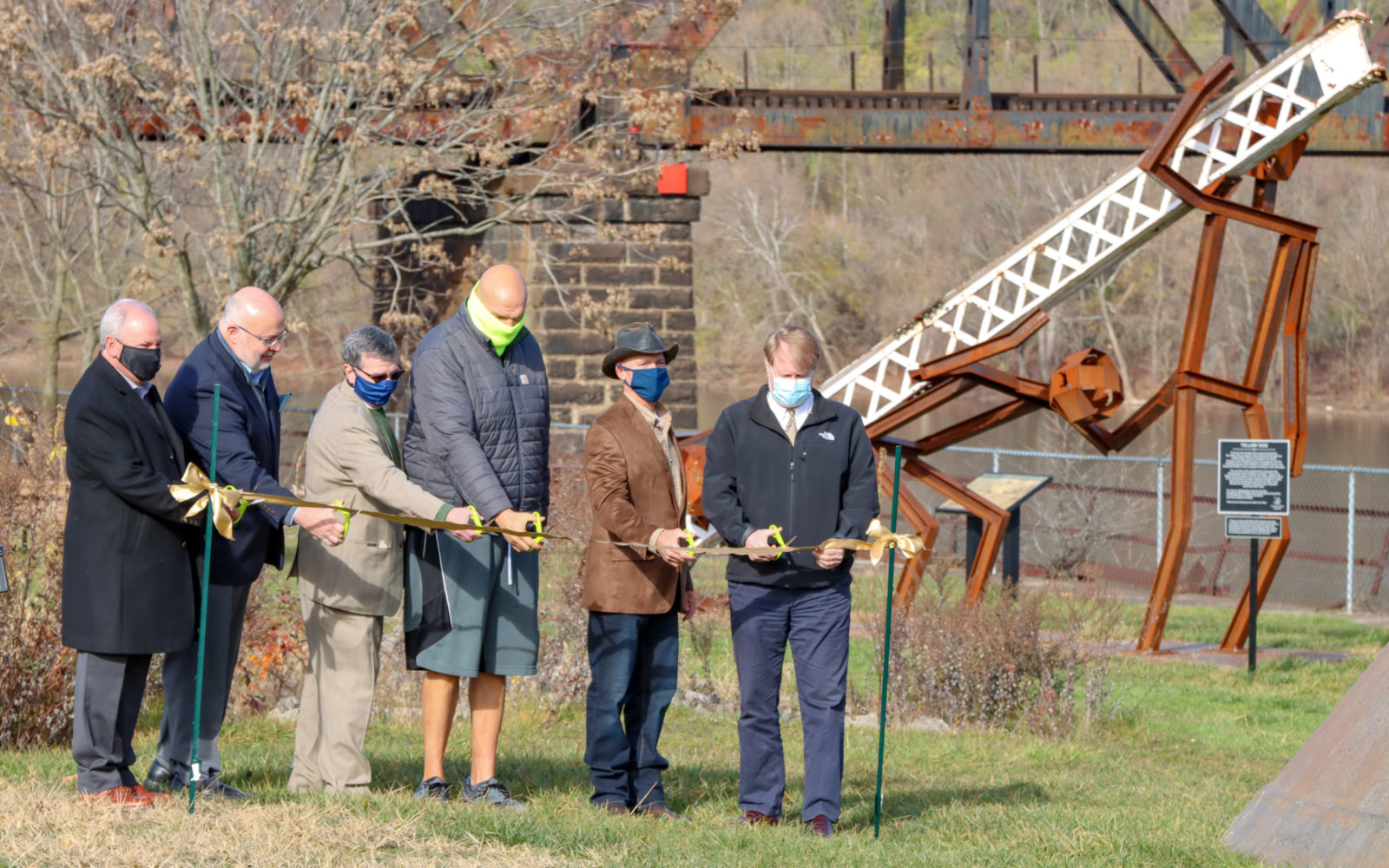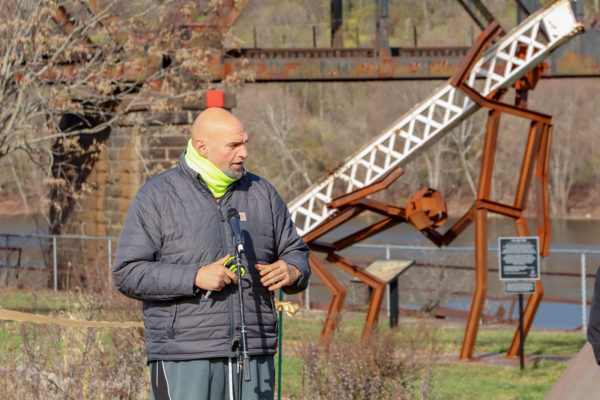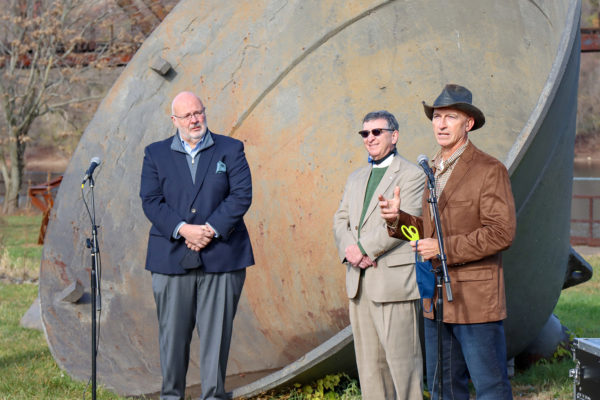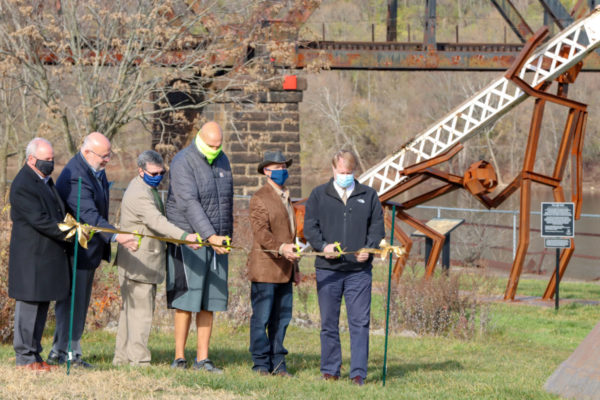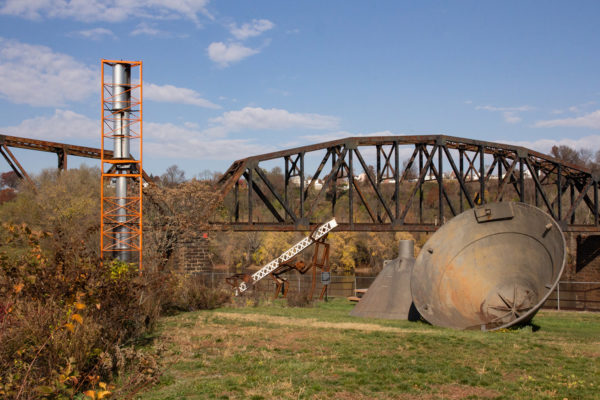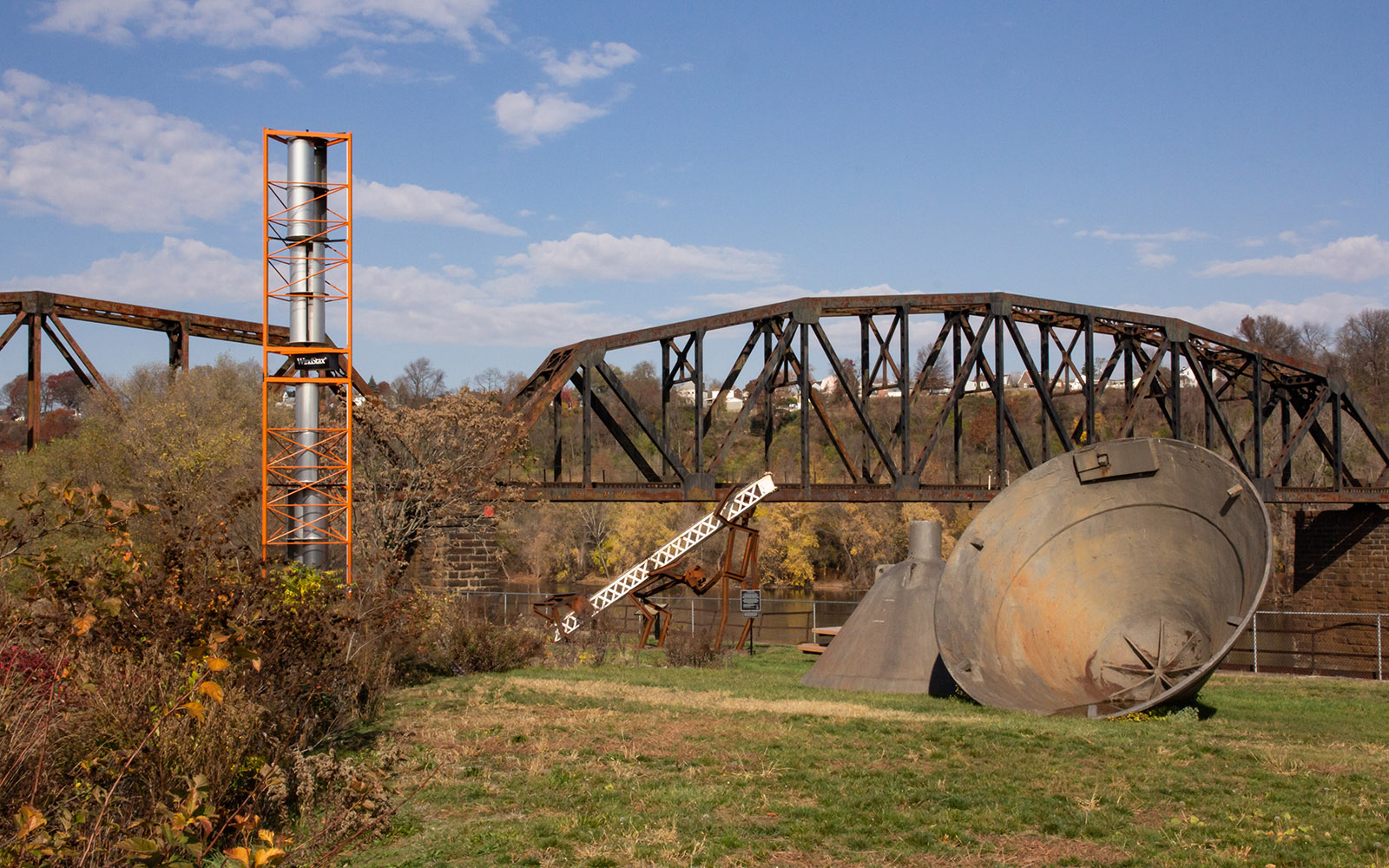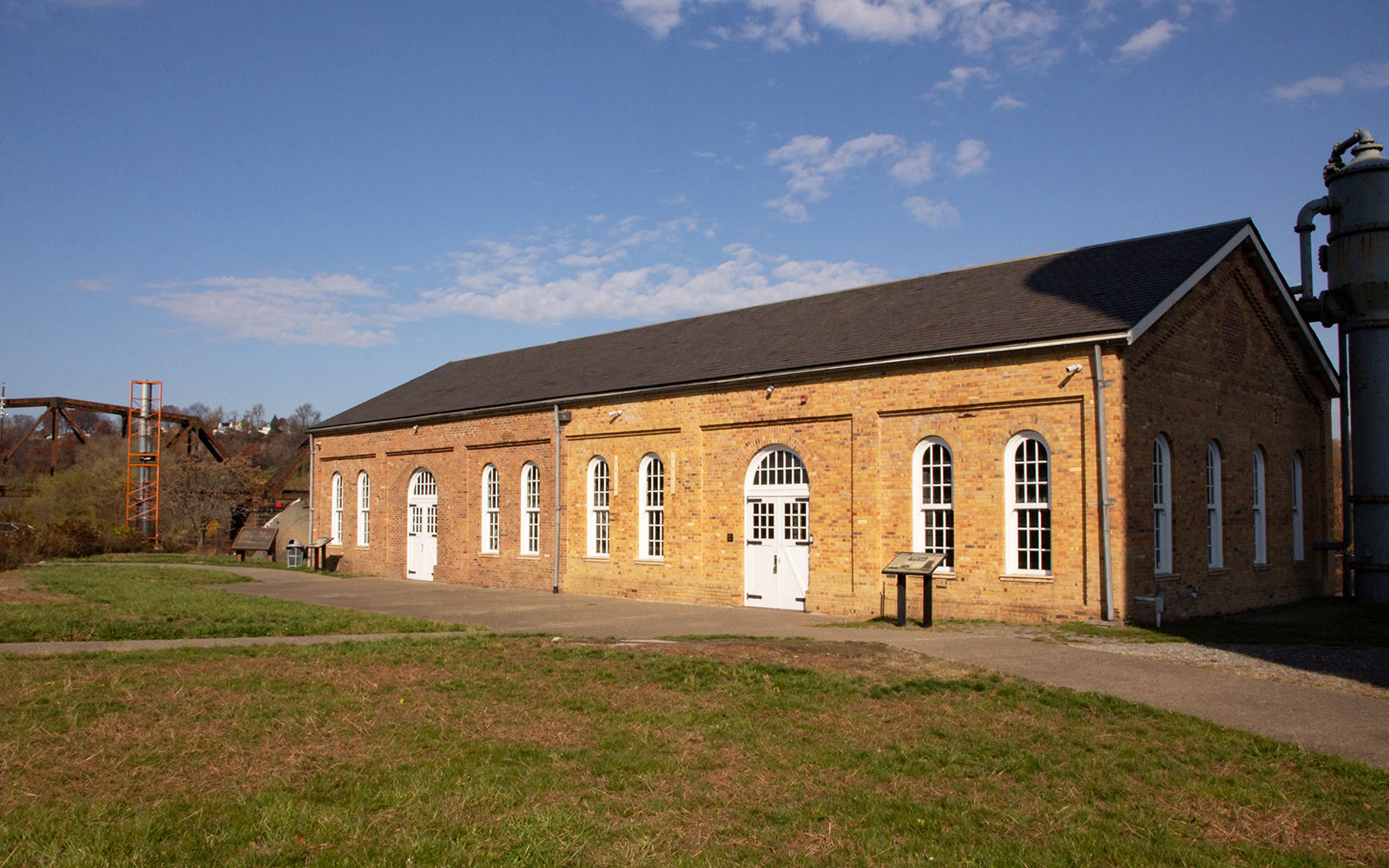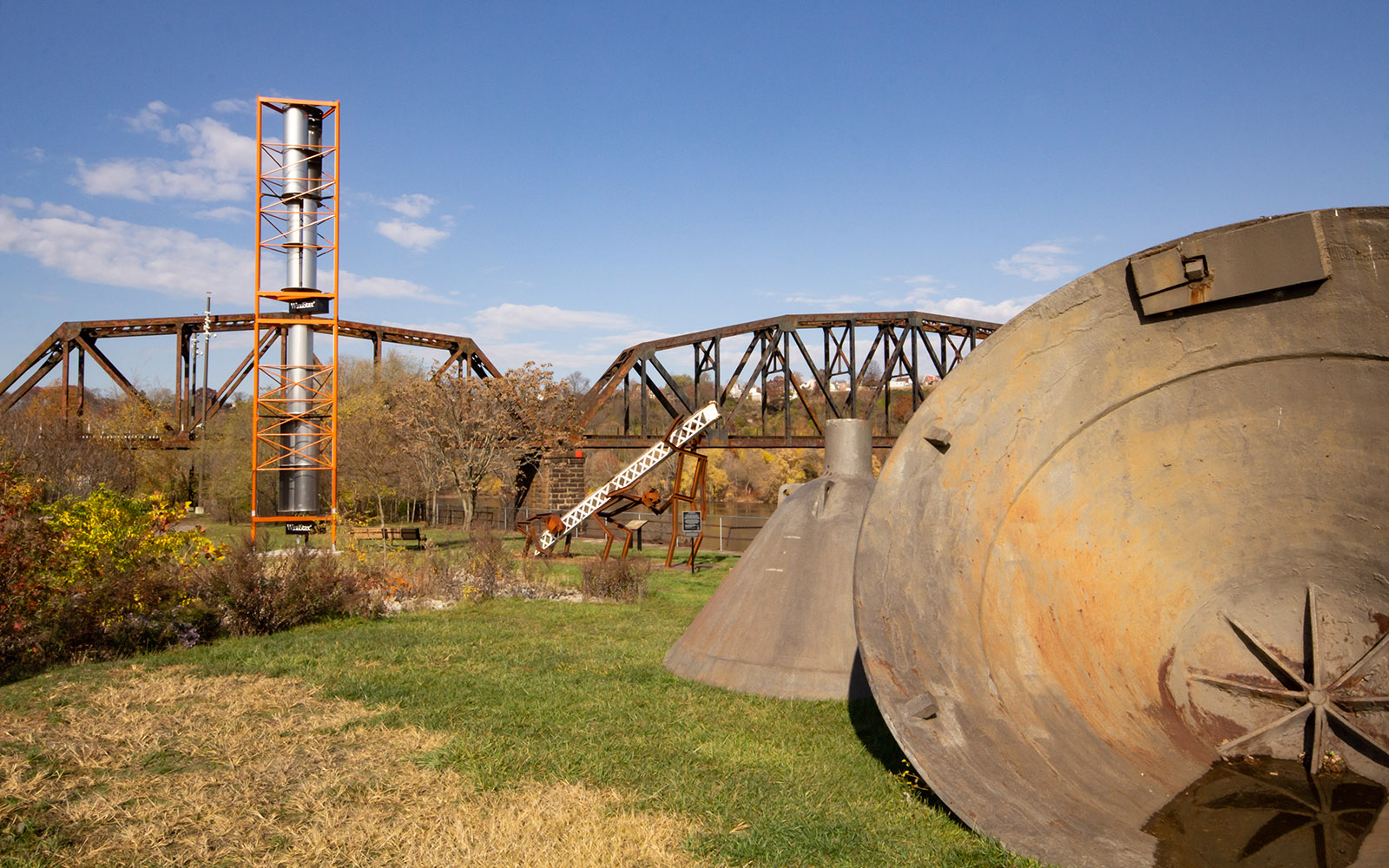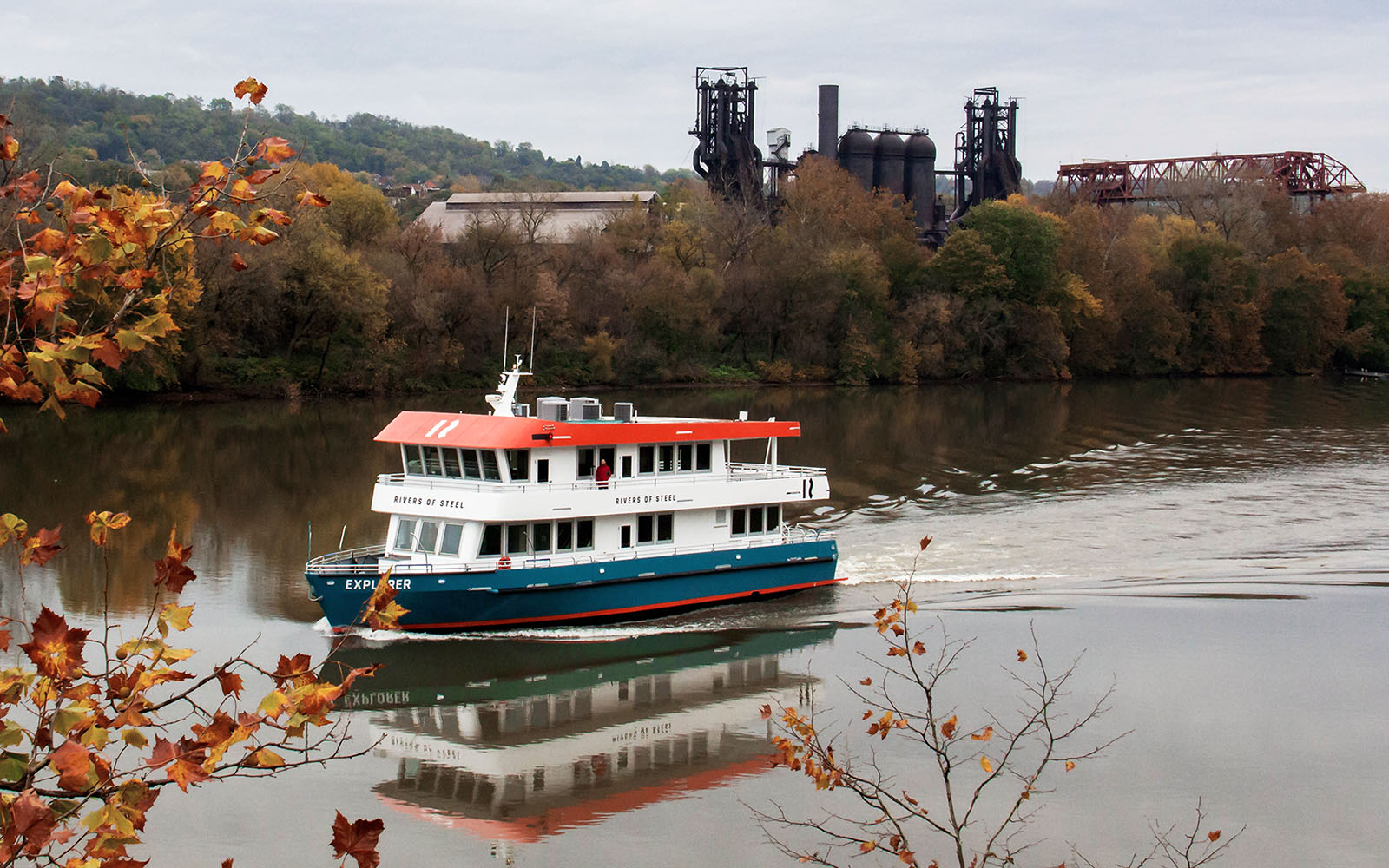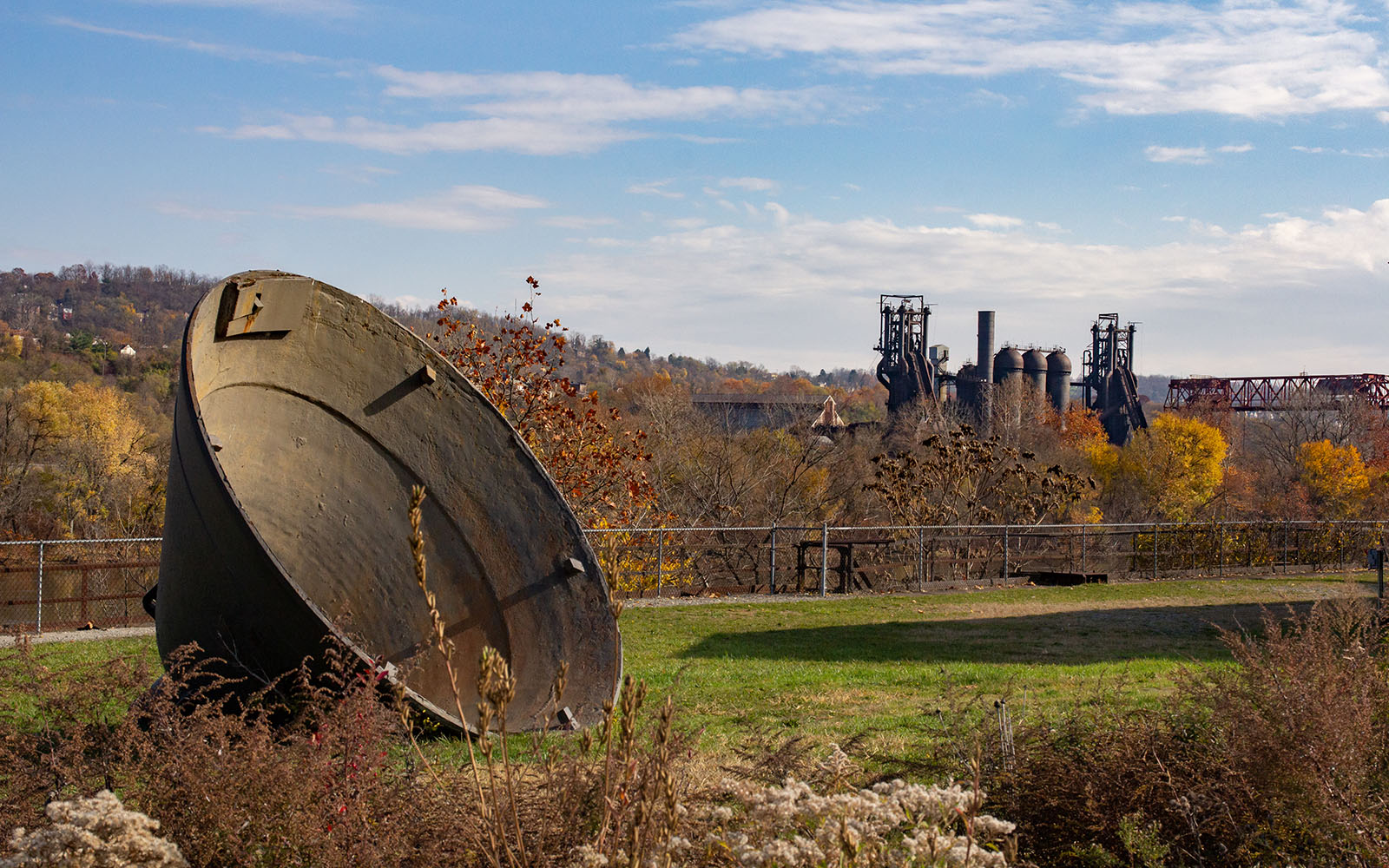
Rivers of Steel Reopens Mon Valley Attractions
Expanded hours for the Carrie Blast Furnaces, plus new hours and admission for the Bost Building
Homestead, PA (April 13, 2021)—Rivers of Steel is excited to announce the opening of its 2021 season at the Carrie Blast Furnaces, located in Rankin and Swissvale, along with the reopening of the Bost Building museum and visitors center in Homestead, and the W.A. Young & Sons Foundry in Machine Shop in Rices Landing.
Saturday, May 1 marks the opening of the tour season at Carrie Blast Furnaces. Industrial Tours of this National Historic Landmark, which highlight the site’s iron-making technology, its workers, and their culture, will initially be offered on Fridays, Saturdays, and Sundays in May, and will resume to a full Wednesday through Sunday schedule in June. The tour season ends on October 31.
Guided tours of the W.A. Young & Sons Foundry and Machine Shop will resume on May 2, 2021 and will be offered most Sundays, May through October. The Machine Shop is a National Historic Landmark located along the Monongahela River in Rices Landing, Greene County.
On June 2, the Bost Building will reopen to the public for the first time since March of 2020 to small groups via timed ticketing. Admission to the museum galleries will be free to all for the remainder of 2021. The safety of our guests and staff is paramount, so capacity will remain limited indefinitely and ticket pre-registration will be required. Hours will be from 11 a.m. to 4 p.m. Wednesday through Sunday.
“It is our hope that by removing the admission fee for visitors to the Bost Building, that it will make this storied landmark more accessible and welcoming to all,” said Augie Carlino, president and CEO of Rivers of Steel. “The new hours echo the public tour schedule at the Carrie Blast Furnaces as well, so that visitors and locals alike may extend their experience by exploring the exhibitions on display or by discovering more things to do in the Rivers of Steel Heritage Area via our visitors’ center.”
The From the Vault: Staff Picks from the Rivers of Steel Archives exhibition is currently on display in the main gallery of the Bost Building. An exhibition of works by Mon Valley artist Kathleen Ferri will open on October 1, 2021 and remain on display through February 27, 2022. The artworks will be juxtaposed with items from the Rivers of Steel Archives.
Parking for the Great Allegheny Passage trailhead at the Pump House in Munhall is currently open to the public. Visitors are encouraged to make use of this outdoor space, by enjoying the public art, walking the labyrinth onsite, reading the text panels about its historic legacy, or simply picnicking by the river. It is once again available for rental events.
Rivers of Steel also hosts the Carrie Carpool Cinema and a number of arts workshops at the Carrie Blast Furnaces. Workshop offerings include a range of metal casting workshops, for the novice to the professional, along with photography and graffiti / style-writing experiences. For the creative and the curious, Rivers of Steel’s workshops are designed to foster new perspectives while providing opportunities to build skills, network with peers, and connect with southwestern Pennsylvania’s cultural and industrial heritage. Workshop registration is open now.
Capacity restrictions, mask requirements, and social distancing will remain in place for all Rivers of Steel attractions, and will be updated as the situation evolves. Additional details regarding Rivers of Steel’s COVID-19 policy can be found here.
About Rivers of Steel
Founded on the principles of heritage development, community partnership, and a reverence for the region’s natural and shared resources, Rivers of Steel strengthens the economic and cultural fabric of western Pennsylvania by fostering dynamic initiatives and transformative experiences.
Rivers of Steel showcases the artistry and innovation of our region’s industrial and cultural heritage through its historical and 21st-century attractions―offering unique experiences via tours, workshops, exhibitions, festivals, and more. Behind the scenes, Rivers of Steel supports economic revitalization—working at the grassroots level to deepen community partnerships, promote heritage tourism, and preserve local recreational and cultural resources for future generations.
About the Carrie Blast Furnaces
Once part of legendary U.S. Steel Homestead Steel Works, the Carrie Blast Furnaces are a vestige of Pittsburgh’s 20th-century domination of the steel industry. In 2006, Blast Furnaces #6 & #7 were declared a National Historic Landmark. Today, visitors to the site can connect with the region’s industrial and cultural past through a myriad of public tours and programs offered by Rivers of Steel.
Contact Carly McCoy at 412.464.4020, ext. 243 or by emailing cmccoy@riversofsteel.com.
Rivers of Steel | The Bost Building, 623 East Eighth Avenue, Homestead PA 15120
riversofsteel.com
###
